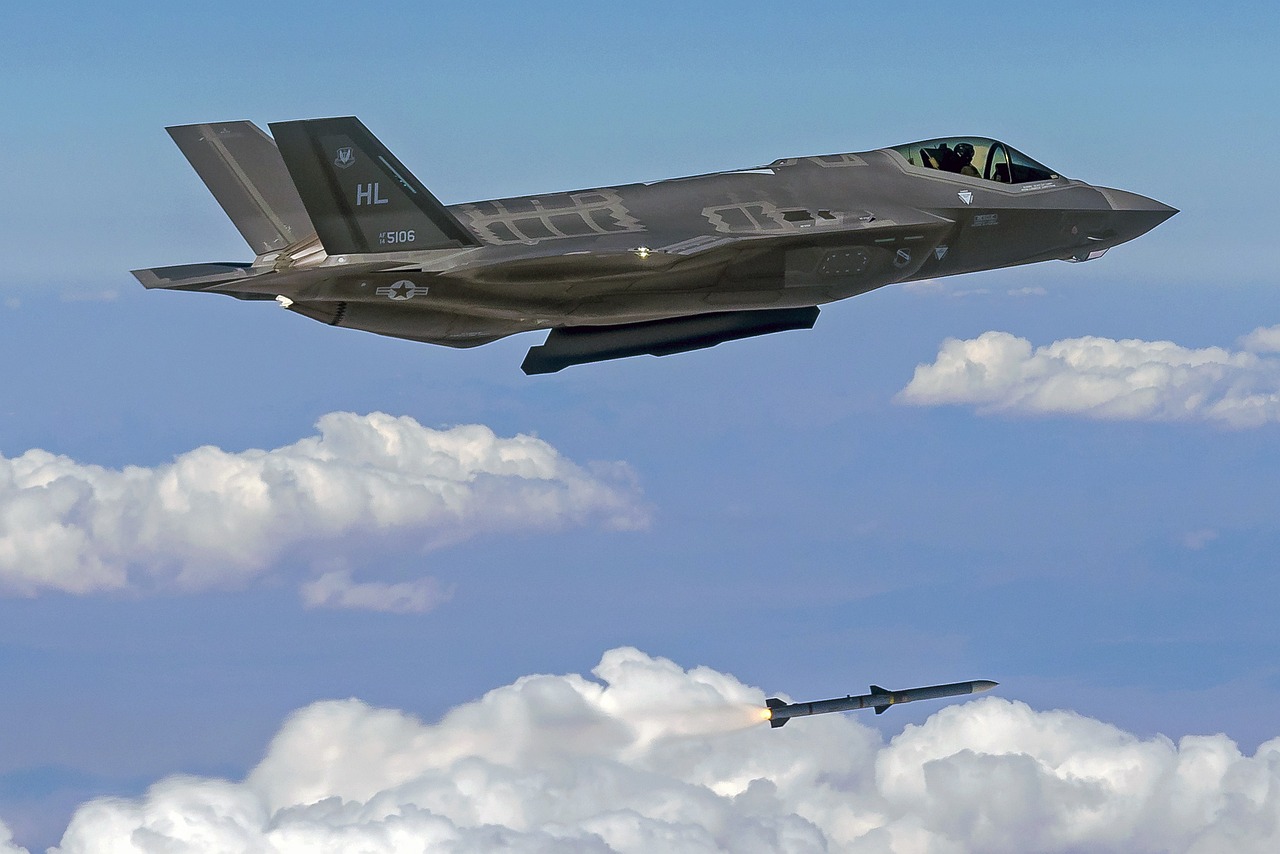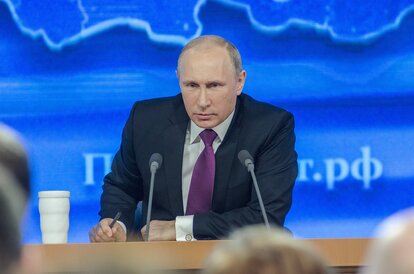Security
Russia, a threat to the liberal order?

At the close of the 59th Munich Security Conference (17-19 February), Russia was still a party to the New Strategic Arms Reduction Treaty (START), although two days later the Duma ratified President Vladimir Putin's announcement that his country would withdraw from this vital and strategic agreement to halt a new nuclear arms race that now seems inevitable.
Also known as New Start, this agreement was signed by the United States and Russia on 8 April 2010 and entered into force on 5 February 2011 and would have been extended until 4 February 2026. Russia's exit from the agreement foreshadows a nuclear race that will inevitably be joined by the United States, but also by other actors seeking to position themselves better within the global leadership and above all to provide their own countries with a more modern and more frightening deterrent framework in the face of regional and international threats.
The most recent Munich Security Report 2023 makes it abundantly clear that the invasion of Ukraine is not simply a pre-prepared act of war in violation of a country's sovereignty. What Moscow has staged is "an attack on the fundamental principles of the post-World War II order".
Russia's invasion of Ukraine is an indication that democratic and liberal values, as well as the current world order and the framework institutions erected since the end of World War II, are being overturned. This is reflected in the Munich Security Index 2023 itself, which was compiled after surveying 12,000 people in various parts of the world to ask them about their perceptions of 31 global and national risks. Most respondents agreed that they are witnessing a "tipping point" in world politics.
In a way, it implies extending the global range to a struggle of interests in various parts of the world, as is currently the case in Africa. According to the Center for Strategic and International Studies, Russia has notably increased its presence on the African continent through a twofold plan of action: the expansion of the Wagner military and private group owned by Yevgeny Prigozhin (Putin's personal friend) and the offer of investment contracts to build various infrastructure in the area.
Thus, from 2016 to 2021, this dual formula of private military security and investment had yielded positive results for the Russian presence in the following countries: Libya, Sudan, Chad, Nigeria, Mali, Guinea Bissau, South Sudan, Burundi, Congo, Madagascar, Botswana, Democratic Republic of Congo, Mozambique and others.
Where is the global order heading? Precisely the Munich Conference has come up with its own analysis in its Security Report, which notes that this orchestrated invasion (most likely orchestrated since 2014) is the "most brazen" attack on the liberal, rules-based international order.
This is not simply a war against a sovereign state, it is a war against the values of democracy and liberal order; it is a political, ideological and market-grabbing struggle for control of markets and their routes and control of space and cyberspace in order to re-impose a new international order based on the values of autocracies, with their particular governance and pre-existing economic interests.
In a way, it implies extending the global range to a struggle of interests in various parts of the world, as is currently the case in Africa. According to the Center for Strategic and International Studies, Russia has notably increased its presence on the African continent through a twofold plan of action: the expansion of the Wagner military and private group owned by Yevgeny Prigozhin (Putin's personal friend) and the offer of investment contracts to build various infrastructure in the area.
Thus, from 2016 to 2021, this dual formula of private military security and investment had yielded positive results for the Russian presence in the following countries: Libya, Sudan, Chad, Nigeria, Mali, Guinea Bissau, South Sudan, Burundi, Congo, Madagascar, Botswana, Democratic Republic of Congo, Mozambique and others.

While the United States has forgotten about Africa for decades, has taken a step back from Latin America and other countries in the Middle East and Asia to focus all its competition on China, this policy of neglect and vacuum has left a gap for other international actors to move their positioning pieces on the global chessboard.
Putin has certainly wasted no time, not in an Africa full of natural, mineral and energy resources and with enormous potential in the so-called rare earths. Expansion in the Red Sea has begun for the Russians.
Russia is the largest arms supplier on the African continent. Much of this weaponry is used to fight primarily three terrorist groups: Boko Haram, al-Qaeda in the Islamic Maghreb and Ash-Shabab. According to the Brookings Institution think tank, between 2015 and 2019, the Russian government signed a total of 19 military cooperation agreements with various African countries.
For example, with Egypt, the Russian company Rosatom is building a nuclear power plant and there is progress to sign other agreements to bring nuclear energy to Ghana and Nigeria. In 2019, Putin hosted a major Russia-Africa conclave in the resort of Sochi, attended by representatives from 40 countries.
There is solid progress in Russia-Africa relations that has also been helped by the diplomacy of the Sputnik V vaccine which, along with China's CanSino, are two of the cheapest serums against the coronavirus with which the African population is inoculated; in the absence of Pfizer's vials and Moderna's Western vaccines.
Then there is the worrying step backwards in French regional security policy in Africa, in almost all of its former colonies. For French president Emmanuel Macron, France's foreign policy in Africa can no longer 'assume exorbitant military responsibilities' and he is considering withdrawing from African soil, especially from Mali and Burkina Faso, although he intends to step back from the whole of the Sahel.
Without the French military presence, the Russian Wagner mercenaries once again stand as the only real option to keep the de facto governments from falling to the various destabilising forces.
The French president's tour to countries such as Gabon, Angola, Congo and the Democratic Republic of Congo to announce investment and cooperation plans is seen in Africa as a belated attempt.
France's stance of dialogue and historical reconciliation through investment comes late, as will the other members of the European Union (EU), because Africa has long been demanding attention, investment and cooperation.
China has arrived first: it has been investing in Africa for several years with its New Silk Road and is seen as a friendly nation without colonial interests. Russia is second, offering arms, security and building infrastructure. Europe has left Africa alone, virtually in the hands of the Chinese and Russians, who will have future control over the continent, and this is bad news for European security.
